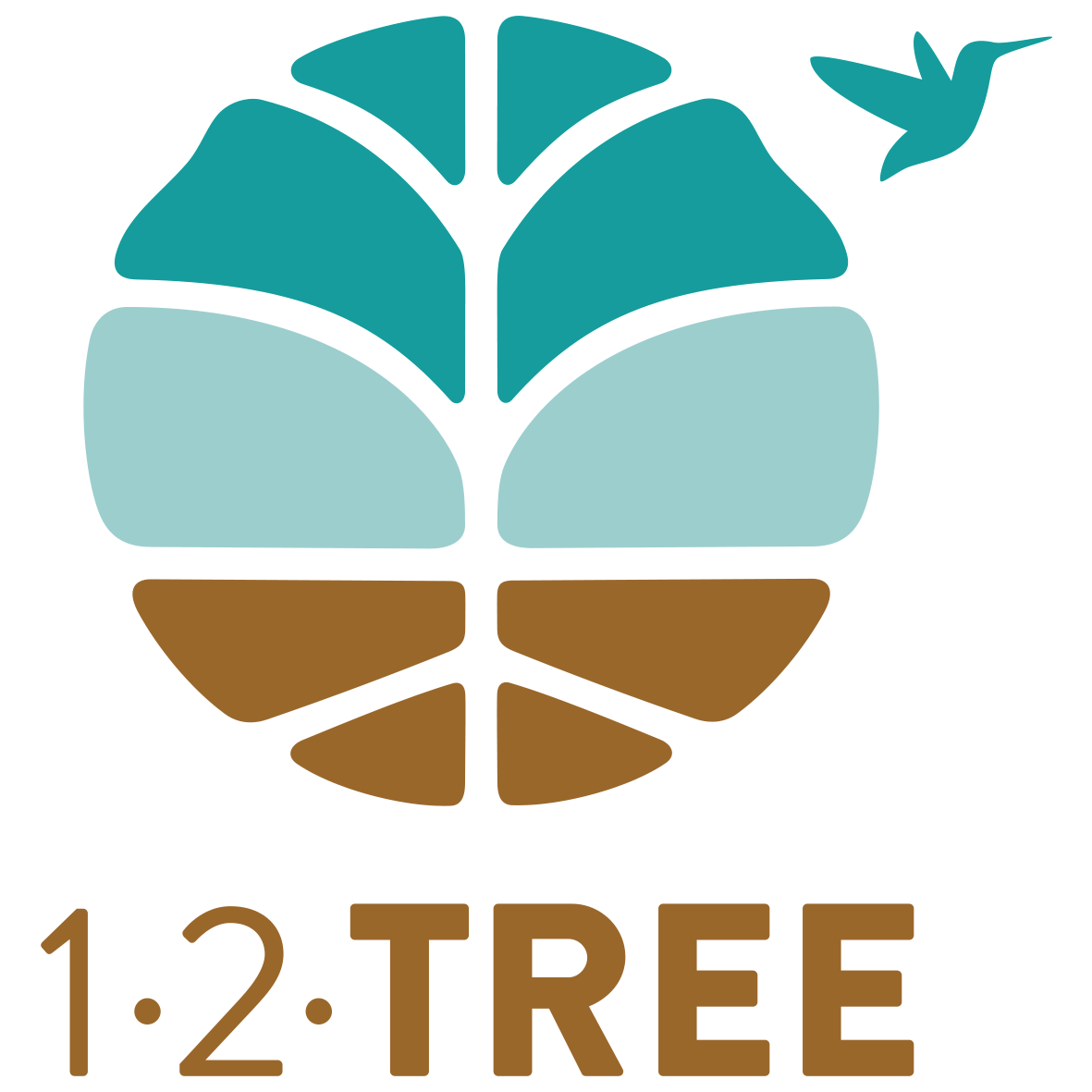At the core of 12Tree’s approach to community is our commitment to providing good and fair jobs to all of our employees.
At the most basic level, this commitment ensures fair and inclusive hiring practices and salaries that are above minimum wage with health and pension benefits. But our ambition goes far beyond this: we aim for all workers to earn a dignified livelihood, one in which workers are able to support their families and comfortably meet their daily needs, with sufficient savings to overcome urgent and unexpected setbacks without falling into debt.
At the international level, movements are underway to ensure that workers across industries- from manufacturing, to textile, to agriculture- are paid wages commiserate with their efforts and sufficient to live dignified lives. One concept that has emerged is the “Living Wage,” an alternative measure of basic needs that goes beyond nationally determined minimum wage or poverty lines, and instead analyzes the costs of geographically specific expenditures (food, childcare and schooling, health, housing, transportation, etc.) in order to identify the true costs of living, and therefore the salary needed to satisfy that cost. In agriculture, certification entities such as Rainforest Alliance/UTZ and FairTrade have incorporated the living wage into their certification programs, while industry leaders such as Mars Wrigley and UniLever are building the concept into their global sourcing strategies.
In 2021, 12Tree piloted its first Living Wage study at our Platanera Rio Sixaola (PRS) farm in Costa Rica. The PRS farm and project management team, led by a visiting researcher from Yale, collected and analyzed data about the salaries and bonuses earned by workers. They calculated the workers expenditures on basic needs and goods, and also took into consideration where PRS’s company benefits -such as medical coverage, pension, meals, savings, severances, etc.- help reduce workers’ cost of living. The study not only helped PRS to understand the gap between the wages earned by some workers and the “living wage”, but it also provided insights into the economic challenges faced by workers, and how the farm can help to mitigate those costs. For example, some of the key insights included:
1. FOOD COSTS are inordinately high in the region: workers spend 22-44% of household income on food;
2. COMBINING PAYMENT STRUCTURES (hourly, pay-per-piece) can maximize efficiencies and result in higher earnings for workers in the banana packaging facilities;
3. THE SEVERANCE PAYMENT is relied on when larger sums of cash are required due to the lack of savings or credit options.
The Living Wage study results were shared with farm managers and worker representatives to facilitate a discussion about how PRS can help to bridge the gap between the current and wages and the living wage by generating better earnings and reducing costs. Several strategies have been developed for the long term, but those currently underway include: piloting new payment structures for banana packers; creating a subsidized staple foods agreement with local grocery stores; and a weekly nutritious meals program for workers’ children.
In addition to the insights used at the farm level, 12Tree used its experience as an early tester of the Living Wage methodology to provide feedback and recommendations to the developers of the methodology Sustainable Trade Initiative (IDH) to help strengthen the methodology and tools. We are currently carrying out a second Living Wage and Living Income study at Andean Cacao using a complementary methodology to provide us, and the broader industry- with additional insights to continue improving this important approach.
This article is an extract of the 2022 12Tree Sustainability Report. Download the report to learn more about our regenerative approach to farming illustrated in several farm case studies, articles and partner interviews.





